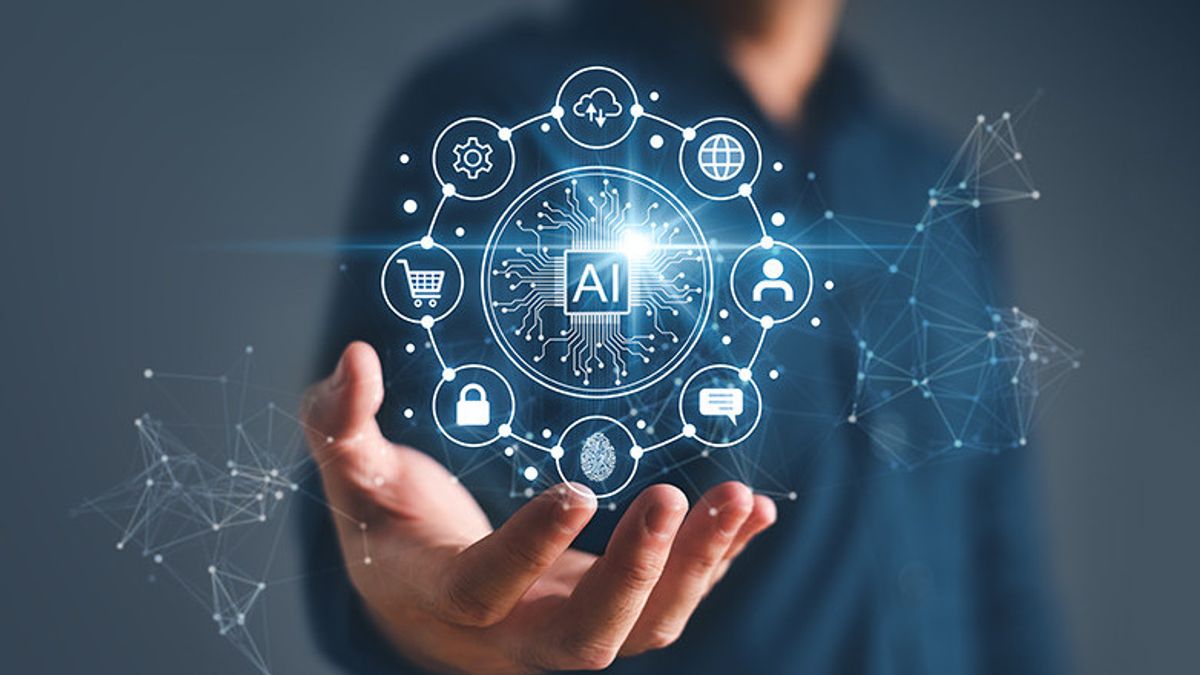As artificial intelligence continues to disrupt industries at lightning speed, the traditional path of higher education is being called into question, with many young people beginning to wonder if degrees still hold the same promise they once did. Undergraduate degrees, once seen as tickets to stable jobs and high salaries, have rapidly lost their payoff due to AI automation. This has pushed ambitious Gen Z students toward advanced degrees, with hopes of unlocking six-figure salaries or even multimillion-dollar signing bonuses. However, according to Jad Tarifi, a former Google leader and one of the pioneering figures behind Google’s first generative AI team, this approach may no longer be the best strategy.
Tarifi, who earned his PhD in artificial intelligence in 2012 before the technology became mainstream, warns that even pursuing a doctoral degree could be a misstep in today’s fast-changing world. “AI itself is going to be gone by the time you finish a PhD,” he told Business Insider. “Even things like applying AI to robotics will be solved by then.” His cautionary words highlight the breakneck pace of AI evolution, where fields that once required decades of academic study are now advancing faster than higher education can keep up.
The 42-year-old researcher argues that instead of spending years collecting traditional credentials, students would be better off diving into niche areas that combine AI with other industries, such as AI for biology, or even pursuing unconventional learning paths that prioritize skills, adaptability, and emotional intelligence over diplomas. Speaking to Fortune, Tarifi emphasized, “Higher education as we know it is on the verge of becoming obsolete. Thriving in the future will come not from collecting credentials but from cultivating unique perspectives, agency, emotional awareness, and strong human bonds.”
His advice to the next generation is clear: invest in the art of connecting deeply with people and in self-awareness, as these are traits machines cannot replicate. While AI can process vast amounts of data and perform highly technical tasks, it lacks the human capacity for empathy, creativity, and meaningful interpersonal relationships skills that may define the workforce of the future.
Tarifi also criticized long academic routes such as medical and law degrees, warning that they may no longer provide the return on investment they once did. “In the current medical system, what you learn in medical school is so outdated and based on memorization,” he noted. By the time students finish these extended programs, he argues, much of the knowledge may already be outdated, leaving them with degrees that don’t align with real-world needs.
His concerns are echoed by other leading voices in technology, who warn that higher education is struggling to keep pace with the rapid transformation brought on by artificial intelligence. The combination of rising tuition costs and outdated curriculums is creating what many see as a perfect storm, leaving young graduates burdened with debt but unprepared for the jobs of tomorrow.
The ongoing debate underscores a larger question facing Gen Z: should they continue investing years into traditional higher education, or should they adapt by building unique skill sets that blend human connection, creativity, and adaptability with emerging technologies? As AI continues to evolve faster than ever, the answer could determine how the next generation thrives or falls behind in a future dominated by intelligent machines.













Leave a comment